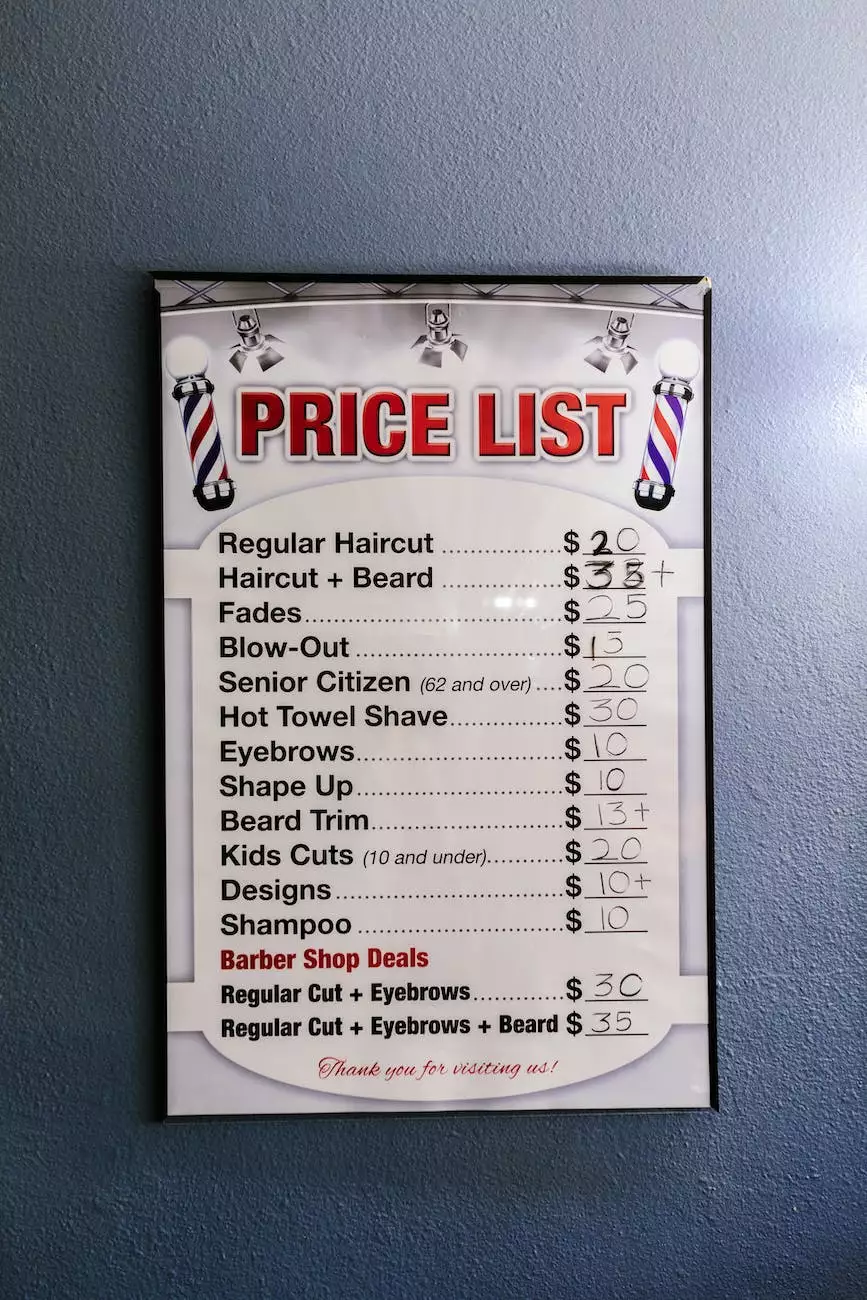What Are The Pillars Of The ECommerce Frameworks?
Development Partners
Introduction to E-commerce Frameworks
When it comes to building a successful online business, having a solid eCommerce framework is essential. In this article, we will explore the pillars of the eCommerce frameworks and how they can revolutionize your online business. We will delve into key strategies, best practices, and industry insights that can help you outrank your competitors and achieve greater success in the world of e-commerce.
The Importance of a Strong Foundation
At Maslow Lumia Bartorillo Advertising, we understand that the success of any online business relies on a strong foundation. A well-designed eCommerce framework serves as the backbone of your online operations and provides a structure for your business to thrive. It encompasses various elements such as website design, user experience, functionality, and security.
Website Design
When it comes to website design, it is crucial to create a visually appealing and user-friendly interface. A modern and intuitive design helps attract and engage users, encouraging them to explore your site and make purchases. Additionally, incorporating responsive design ensures that your website is accessible across different devices, allowing for a seamless shopping experience.
User Experience
User experience plays a vital role in building trust and establishing long-term relationships with your customers. Providing a seamless browsing experience, easy navigation, and intuitive product search functionality enhances the overall user experience. Incorporating features like customer reviews, product recommendations, and personalized shopping suggestions helps create a tailored experience for each visitor.
Functionality
A robust eCommerce framework should provide essential functionalities that streamline the buying process for your customers. This includes features such as shopping cart management, secure payment gateways, order tracking, and inventory management. By ensuring a smooth and efficient purchasing journey, you increase customer satisfaction and encourage repeat business.
Security
Security is a top concern for online businesses and customers alike. A strong eCommerce framework prioritizes the implementation of robust security measures such as SSL certificates, encryption protocols, and secure hosting. By safeguarding sensitive customer data and providing a safe online environment, you establish trust and credibility, further boosting your chances of outranking competitors.
Key Strategies for eCommerce Success
Now that we have explored the foundational pillars of an eCommerce framework, let's dive into key strategies that can help you achieve success in the highly competitive e-commerce landscape.
1. SEO Optimization
Implementing effective Search Engine Optimization (SEO) strategies is crucial for improving your website's visibility and organic rankings on search engines. By optimizing your website's content, meta tags, URLs, and images, you can increase the chances of your web pages appearing higher in search engine results pages (SERPs). Conducting thorough keyword research, creating high-quality, keyword-rich content, and building authoritative backlinks are essential factors for outranking competitors.
2. Personalization and Customer Segmentation
Understanding your target audience and tailoring your marketing efforts accordingly is key to driving conversions and enhancing customer loyalty. Leveraging customer segmentation allows you to categorize your audience based on demographics, purchasing behavior, and preferences. By personalizing marketing messages, product recommendations, and offers, you can create a more relevant and engaging experience for your customers.
3. Mobile Optimization
In today's mobile-dominated world, optimizing your website for mobile devices is paramount. With a significant percentage of online transactions occurring on smartphones and tablets, ensuring a seamless mobile experience becomes crucial for business success. Responsive design, mobile-friendly interfaces, and fast loading times are factors that contribute to improved user experience and higher search engine rankings.
4. Social Media Marketing
Social media platforms offer vast opportunities for connecting with your target audience and promoting your products or services. Establishing a strong presence on platforms such as Facebook, Instagram, Twitter, and LinkedIn can help drive traffic to your website and increase brand awareness. By developing a well-rounded social media strategy, including regular posting, engaging content, and targeted advertising, you can amplify your online reach and outrank competitors.
5. Customer Reviews and Testimonials
Online reviews and testimonials are powerful tools for building trust and credibility. Positive feedback from satisfied customers acts as social proof, encouraging potential buyers to choose your business over competitors. Encourage customers to leave reviews and display them prominently on your website. Responding to both positive and negative feedback demonstrates your commitment to customer satisfaction and helps foster a positive online reputation.
Conclusion
Building a successful e-commerce business requires a strong eCommerce framework and the implementation of effective strategies. By focusing on the pillars of website design, user experience, functionality, and security, you can create a solid foundation for your online operations. Additionally, employing key strategies such as SEO optimization, personalization, mobile optimization, social media marketing, and leveraging customer reviews can help you outrank competitors and achieve long-term success in the competitive e-commerce landscape. At Maslow Lumia Bartorillo Advertising, we are here to support you in implementing these strategies and revolutionizing your online business.










